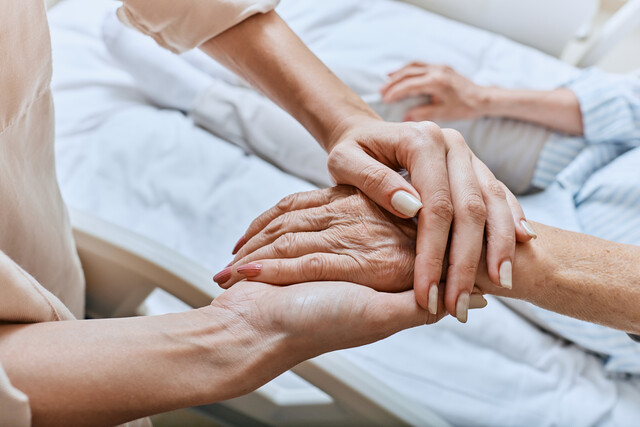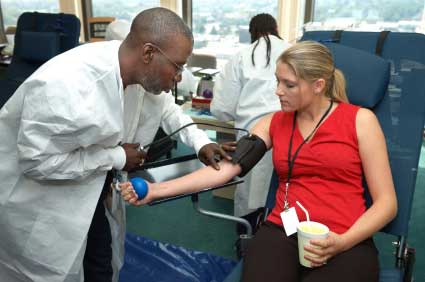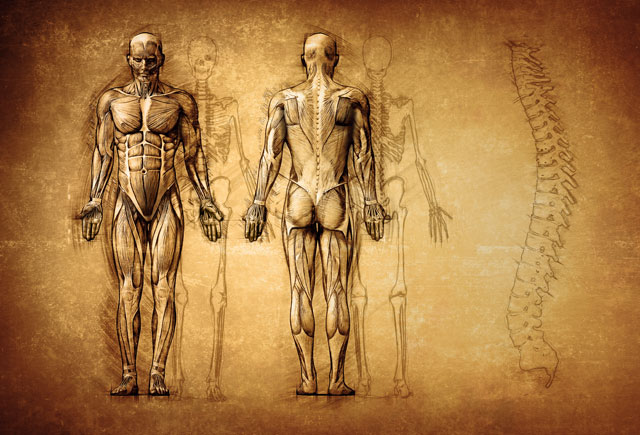Introduction
While it may seem hard to believe, elder abuse isn't always deliberate. Most of the time it is, but there are occasions when caregivers are simply too busy to make sure that mom has adequate access to water throughout the day, or dad's dinner may be late, or grandma doesn't get her desired three baths a week.
Caregivers may be surprised that they may be charged with neglect if an elder doesn't receive adequate care as determined by laws, standards of quality, rules and regulations, policies, or procedures defined for hospitals, assisted living facilities, or nursing homes.
At other times, the stress of caregiving may cause a change in attitude or behaviors of caregivers. Losing one's temper, threatening behaviors, or neglecting the wishes and needs of a senior because you're just too tired to do it may be considered elderly neglect or abuse.
The thought of anyone hurting or harming an elderly individual is frightening, but unfortunately, it does happen. Understanding the different types of elder abuse may help you become more adept at recognizing it, doing something about it, or preventing it.
Types of Elder Abuse
Abuse can be defined as psychological, physical, financial, emotional, and institutional. Elder abuse can happen to men and women, those who are cognitively aware as well as those who are suffering from some form of dementia.
Psychological abuse is also known as emotional or mental abuse. This type of abuse occurs when one person, most commonly a caregiver, attempts to control and delegate information to manipulate the elderly person. For example, telling a senior that if they don't do what you want them to do or you won't come back to take care of them is a type of abuse often designed to cause emotional pain to another person.
Unfortunately, physical abuse happens more than any of us would like to realize. Impatience and frustration are the main triggers for physical abuse that results in skin tears, bruising, hemorrhages, and falls. Pulling hair, scratching, pinching, slapping, or in any other form that involves rough contact between an elderly person and someone else may be considered physical abuse.
Financial abuse often occurs when seniors sign over their power of attorney or their financial matters to someone else's supervision. Financial abuse also involves scams or perpetrators focusing on seniors due to their vulnerability, gullibility, or trust and other reasons.
Neglect is defined as an occasion where one person neglects or fails to provide for the necessities of a senior. For example, refusing to bathe, wash clothes, provide with adequate and nutritious food, and make sure a senior is warm enough in the wintertime or cool enough in the summertime can be considered neglect.
While it's not a pleasant subject, it's important to understand abuse in order to prevent it. Abusers come in different sizes and shapes, demographic and religious backgrounds. Abusers can be young caregivers or a senior's spouse. Abusers can be people they've trusted their whole lives, or adult children. Abusers can also be strangers, friends, or extended family members.
No one wants to find out that his or her loved one has been a victim of any type of abuse. Read the following scenarios and determine which you would consider abusive behaviors:
* "I feel really bad, and I didn't mean to do it, but Mom asks the same questions every day, several times a day for days on end. Today, I'd had enough. My husband was upset with me, my kids were crying, and I shouted at Mom to shut up. I put her in a room and shut the door."
* An elderly person in a home-based care scenario sat outside on his front porch for hours on end. His caregiver brought him outside, sat him in the chair, and then returned to the house. The man sits out there for hours every day, rain or shine, even in the winter with nothing but a thin, long sleeved shirt."
* "I talked to Mom on the phone the other day and all she did was cry. She said nobody loved her and that the caregiver called her names and refused to do a lot of the things that she asked her to do."
You're right, all the above scenarios show signs of neglect or abuse by caregivers to the elderly. Anyone who has ever been a caregiver understands how stressful, demanding, and time consuming caregiving can be, especially with an elderly person diagnosed with dementia or one who has difficulty getting around. It's understandable that emotions can often grow thin and test patience.
Unfortunately, caregiver stress may result in mental fatigue, resentment, feelings of frustration, and physical exhaustion. Statistics show that once someone hits a parent or an elderly individual they're in charge of caring for, chances are they'll do it again.
Reporting Elder Abuse
If you feel that an elderly person is being neglected or in any way abused; whether that individual is living at home, attending adult day care, lives in an assisted living facility, a nursing home, or long-term care center, it's everyone's responsibility to report such abuse.
Many people hesitate to bring charges of neglect or abuse to others because they only see small snippets of interactions between patient and caregiver, or between parents and adult children, or because they're afraid of rocking the boat, or alienating other family members.
Nevertheless, if you have evidence of abuse or strongly suspect it and can back up your accusations with verifiable documentation or other proof, it's essential that you report the situation to the appropriate authorities. Such authorities include but are not limited to Adult Protective Services, the police, or administrators of long-term or assisted living facilities.
If you suspect a home-based aid or caregiver is abusing a senior person in a home environment, contact the police or your Area Agency on Aging or the Department of Health and Human Services for advice. If you're suspicious of neglect and don't believe that your parent is in imminent danger, do your best to gather as much information as you can before reporting individuals to the authorities.
Additional steps can be taken to help determine whether an elderly person has been, or is being abused:
-
Talk to the elderly individual. They may hesitate to tell you the truth, but talk to them in private and encourage them, offer your support, and acknowledge their feelings.
-
Watch your parent. Has Mom become more withdrawn or fearful? Does grandma show signs of bruising or skin tears?
-
Does Dad want to spend all of his time in his room?
-
Has Mom become jittery, anxious, or weepy?
These are not the only signs of potential neglect or abuse, but can serve as triggers to gain the attention of others that something might not be right.
If you feel a parent or a loved one is being neglected or abused, you can take several steps:
-
Talk to the administrator or the director of the assisted living facility, nursing home, or home healthcare agency that employs home healthcare aides or services.
-
Request an investigation into the situation and ask the caregiver to be replaced until the investigation has been completed.
-
In situations such as nursing homes or assisted living facilities, first report the concerns to the floor nurse, the head nurse, or the director of nursing. If you feel the situation has not improved quickly, discuss your concerns with the administrator or manager.
-
Contact the facility's ombudsman or the state regulatory commission to lodge or file an official complaint.
-
If your parent lives in a home environment, call the police or the Area Agency on Aging.
-
If you feel your parent or loved one is in imminent danger, call 911.
Adult Protective Services
The Adult Protective Services is an organization that investigates allegations of neglect or abuse. These allegations can be brought by anyone within the community including healthcare professionals, religious organizations, family members, friends, or neighbors. Adult Protective Services often get involved when seniors don't have any family and live alone or are otherwise unable to take care of themselves due to a variety of conditions.
Adult Protective Services will often initiate an investigation into the accusations. Sometimes they find that such accusations or allegations are unfounded. Other times they may conclusively prove that an elderly person has been neglected or abused. Adult Protection Services does not care who the abuser is. It can be a family member, a nurse, a home health aide, a doctor, or a hospital employee. Steps will be taken to remove that individual from the caregiving scenario and, if founded, placed under arrest.
Conclusion
Every individual has a right to live in peace without fear of neglect or abuse. Don't be afraid to step forward if you feel that a caregiver is overstepping his or her bounds or if a senior in your community may be showing signs of neglect or abuse. Instances of family, physical, financial, and home care abuse is prevalent in our society today, but it's up to every individual involved in the care of a loved one to make sure that they or their loved ones don't become a statistic.































